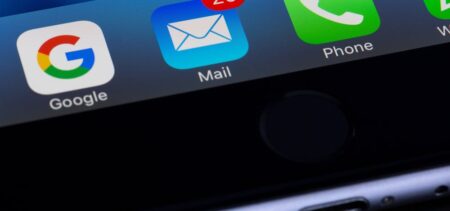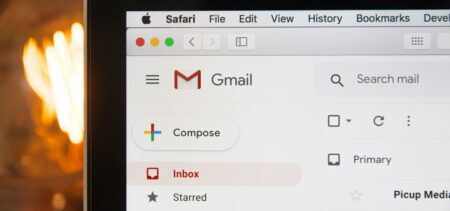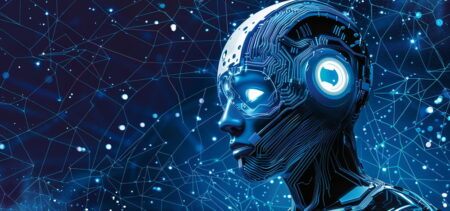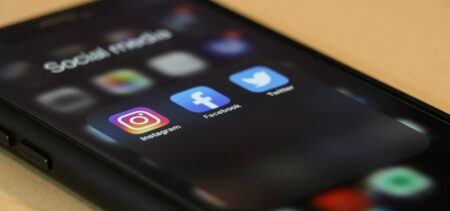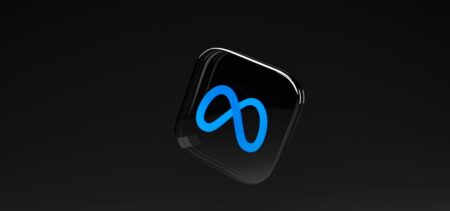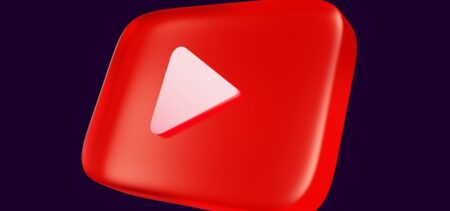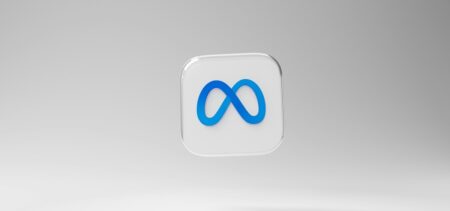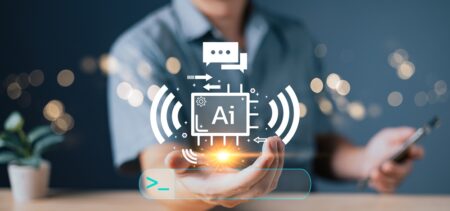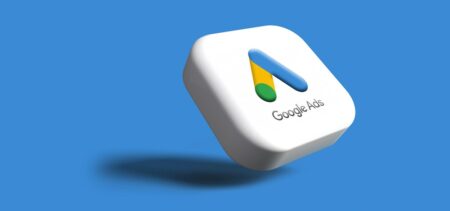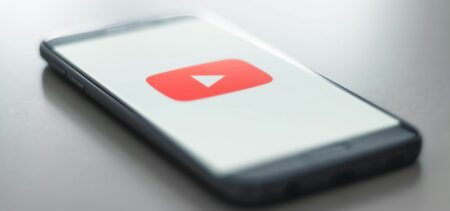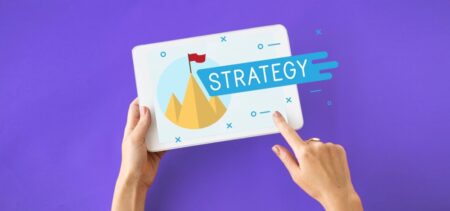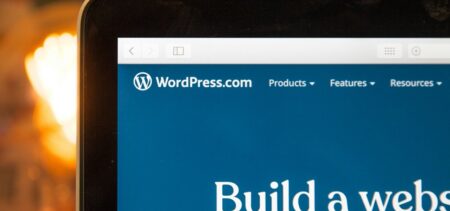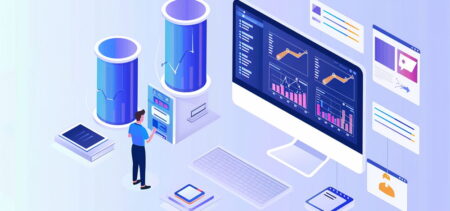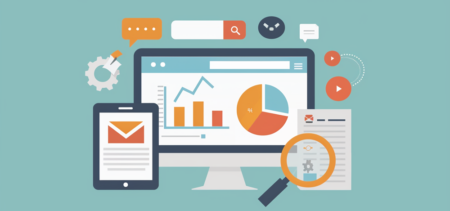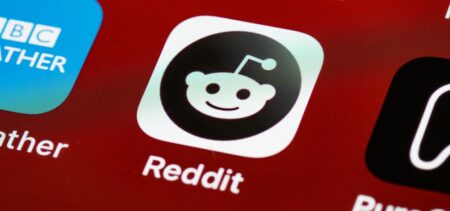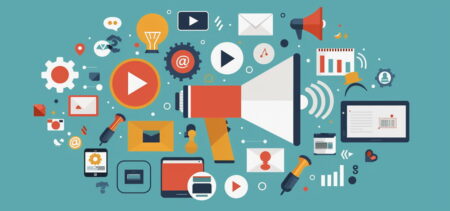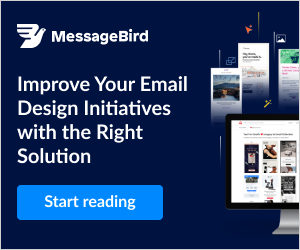The breadth and impact of the Internet of Things continue to expand as the technology gains acceptance and functionality, making it a fast growing IT solution in a variety of industries. IoT emerges as a rapidly evolving technology that more and more industries are willing to adopt in order to improve their efficiency. Data scientists, business analysts, IT managers, marketing professionals and manufacturers are experimenting with how to use IoT enabled devices to bring in more revenue, improve decision-making processes and spot problems before equipment fails.
Big Data and the Internet of Things
Big data refers to voluminous amounts of data that organizations can potentially mine and analyze for business gains. Big data analytics helps organizations harness their data and use it to identify new opportunities. The ability to gauge customer needs and satisfaction through analytics can be a very powerful tool in the process of giving customers what they want. While our homes are being “invaded” by smart appliances and workplace wearables are becoming more and more popular, it is obvious that the Internet of Things has already started to transform the relationship between products and customers, and will continue to do so for many years to come. According to some estimates, consumer applications will generate $150B by 2020, with B2B applications being worth more than $300B. Globally, enthusiasm for the Internet of Things has fueled more than $80B in merger and acquisition (M&A) investments by major vendors and more than $30B in venture capital.
A nightmare for marketing managers? Not quite
Today’s digital economy delivers more and more new subject areas for the agenda which have to be evaluated and, if applicable, worked into your own marketing plan. Those who stick to the clearly defined spheres of action and ignore the IoT revolution will miss out on a great opportunity to target the right audience. IoT technologies are creating new habits and behaviors in consumers, opening up new horizons for marketing specialists. Since any device connected to the internet could be an avenue for consumer engagement, marketers are already moving beyond traditional digital devices like laptops, smartphones, and tablets. Today all the connected devices like smartphones, wearables, fridges and even cars assist specialists in marketing processes as they collect data about users.
The huge amount of data generated by IoT shouldn’t cause nightmares for marketing specialists since they are no strangers to gathering information about their customers in order to analyze, predict, and respond to their changing needs. The Internet of Things helps create and enable much richer and complex sets of data. Rather than wait for the majority of the data to come from the point of sale, marketers can now follow their customers throughout their journey, from initial interest to the purchase action and beyond.
The faster companies adjust to IoT, the faster they build customer trust and get higher demand for their products. Traditional one-sided marketing is now becoming interactive, with the help of cutting-edge technologies and the newest solutions like social media or mobile apps. Furthermore, organizations could save considerable sums of money that could have been spent on marketing research, hiring analysts and specialists to launch clever advertising campaigns. Marketing specialists are now able to create ads that are more personalized and more relevant, thanks to the large database of users collected via connected devices.
Opportunities for B2B marketers
IoT technology offers endless opportunities for B2B marketers to listen and respond to the needs of their prospects and customers. Both digital and human transformations are required for B2B companies if they want to achieve a fantastic customer experience. Let’s have a quick look at some opportunities:
Personalizing marketing just got leveled up. IoT brings the ability to target buyers and tailor the sales pitch and marketing to fit the prospect’s interests, driving higher conversion rates.
Engaging potential buyers at the right time has been a big problem for both marketing and sales teams. IoT allows marketers to engage with prospects at the right time, to place a targeted ad more efficiently and to access data and feedback immediately.
The Internet of Things offers an effective way to document and manage the customer experience, with the picture of the customer becoming three-dimensional faster than ever.
As the companies get all the data and the desired usage patterns of the end users, IoT is rapidly becoming an interesting playing field for marketing experts. Organizations are currently presented with a choice: become an early adopter or trail behind the influencers.


